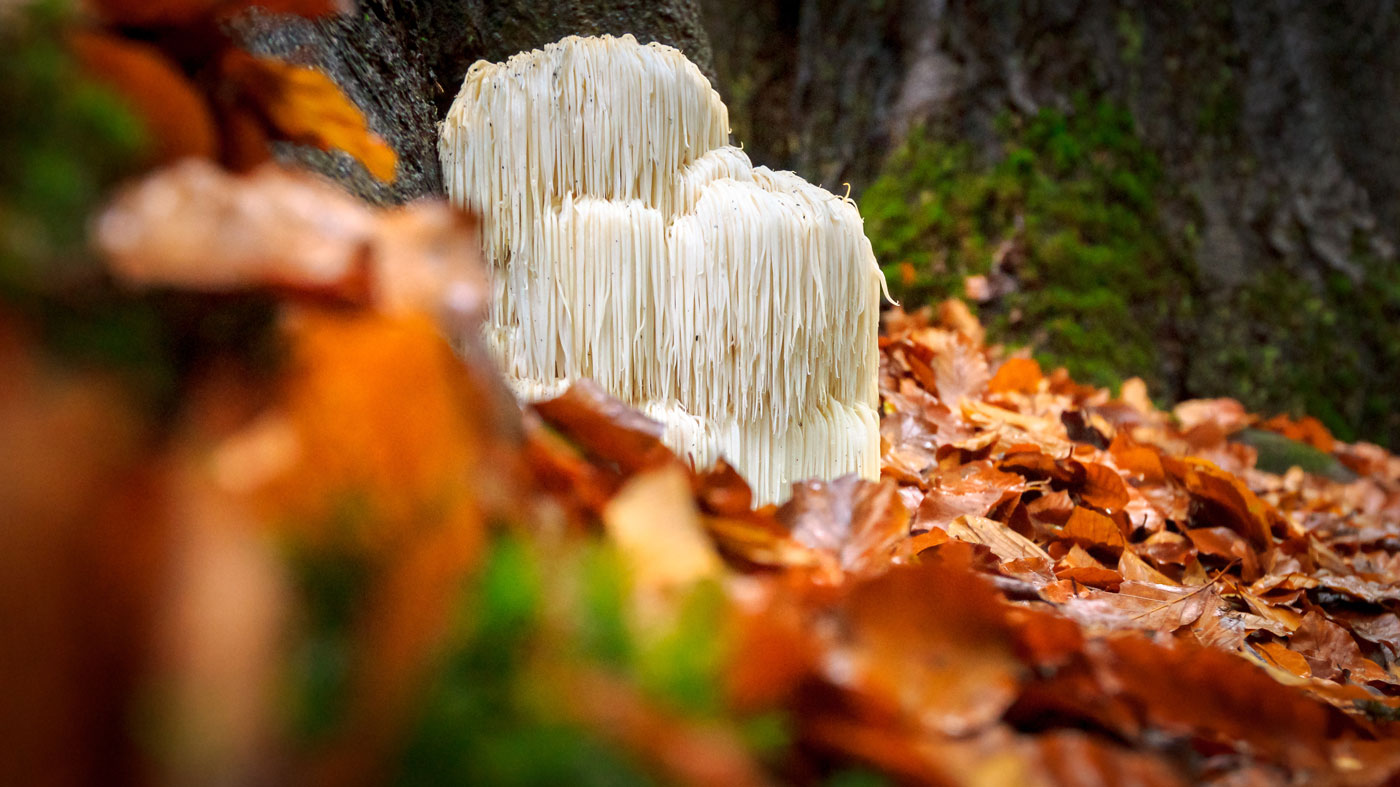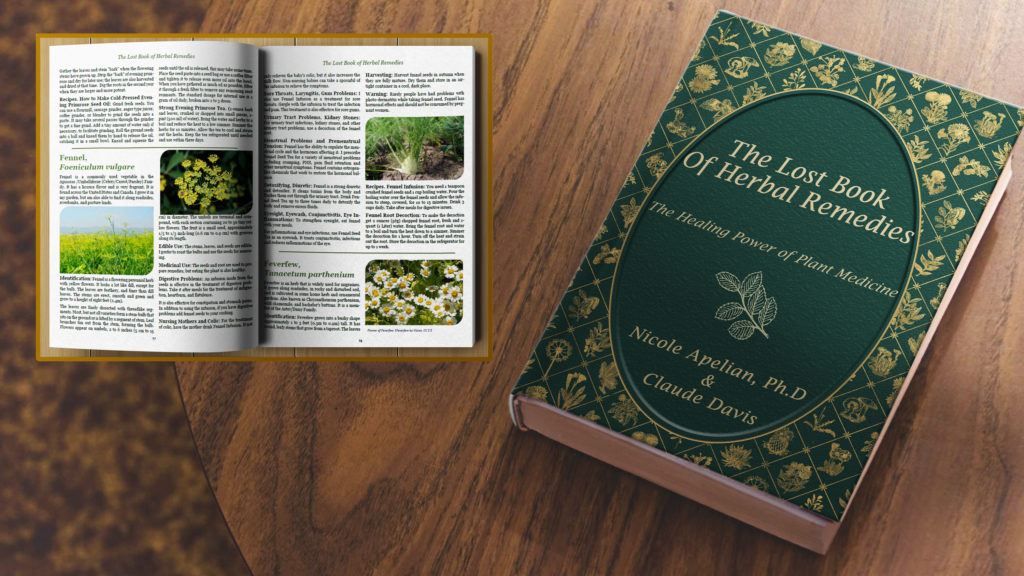Lion’s Mane: A Smart Choice for Brain Health, Stress Relief and More
An outstanding medicinal herbal remedy for those times when we feel overwhelmed with stress and anxiety, Lion’s Mane mushroom can help us regain equilibrium and focus. With the flavor and texture of lobster, the mushroom can be enjoyed cooked, powdered, or as a tea. Possessing an impressive range of healing attributes, it is also helpful for depression, slowing the progression of dementia, boosting energy, and reducing fatigue.
Where Does It Grow? Found abundantly in the southern areas of the United States, Lion’s Mane also grows in China, Europe, and Japan on dead and damaged hardwood trees, with a preference for beech, oak, and maple.
Edible Uses: The mushroom is edible and tasty and has the flavor and texture of crab or lobster. Lion’s Mane can be consumed cooked, dried, or as a tea.
Medicinal Uses: Use Lion’s Mane as a double-extracted tincture—like the one found in my Apothecary —for full-potency. The mushroom can also be taken as tea or in powdered form. Use regularly for best results.
Here are my top 3 uses for Lion’s Mane:
Calms stress, anxiety, and depression: Helping to improve brain function and the regeneration of brain cells, Lion’s mane has been shown to lessen insomnia, anxiety, depression, and the progression of dementia. It’s also an excellent medicinal tonic for reducing the symptoms of stress, such as irritation, lack of concentration, and heart palpitations.
Boosts energy and relieves fatigue: A rich source of antioxidants, Lion’s mane improves blood oxygen levels, reduces muscle fatigue, and lowers lactic acid accumulation. It also provides a ready source of energy by increasing glycogen levels in tissues.
Speeds recovery of the nervous system: Lion’s Mane can help repair damaged nerve cells in the spinal cord and brain. Studies have shown the mushroom encourages Nerve Growth Factor (NGF), which is crucial for the repair of the protective, fatty coating surrounding nerve fibers known as the myelin sheath. For patients with multiple sclerosis, the myelin sheath is often severely damaged. Lion’s Mane is an excellent medicinal herb for reversing brain cell degeneration in diseases like Alzheimer’s, Parkinson’s, diabetes, and multiple sclerosis.
Lion’s Mane Tea Recipe
Use 1/2-1 teaspoon Lion’s Mane powder per cup of water. Place the powder in a tea infuser or directly into a mug. Pour boiling water over the mushroom, cover, and steep for 10 minutes.
If you would like to try this mushroom in an easy to use formulation, have a look at my potent Lion’s Mane Double-Extracted Tincture in the Apothecary.
There are over 11 medicinal uses for Lion’s Mane in my book, The Lost Book of Herbal Remedies: The Healing Power of Plant Medicine. I’ve included extensive identification and harvesting advice for this herb and many other easy to find plants. What’s more, it shows you how to make tinctures right in your own home. Nature is indeed bountiful!
Safety
Avoid using Lion’s Mane if you suspect an allergic reaction to mushrooms, including: skin rashes, difficulty breathing, burning, itching or swollen lips. Consult a doctor immediately if you experience any of these symptoms.
Nicole Apelian
Roll Up Your Sleeves and Do it Yourself?
Are you interested in making your own herbal remedies at home and learning about the many plants, lichens, and mushrooms you can find out your own back door? If so please pick up a copy of my book: "The Lost Book Of Herbal Remedies: The Healing Power of Plant Medicine" today!
Not in Europe or the US? Not a problem, click here to order your copy »





